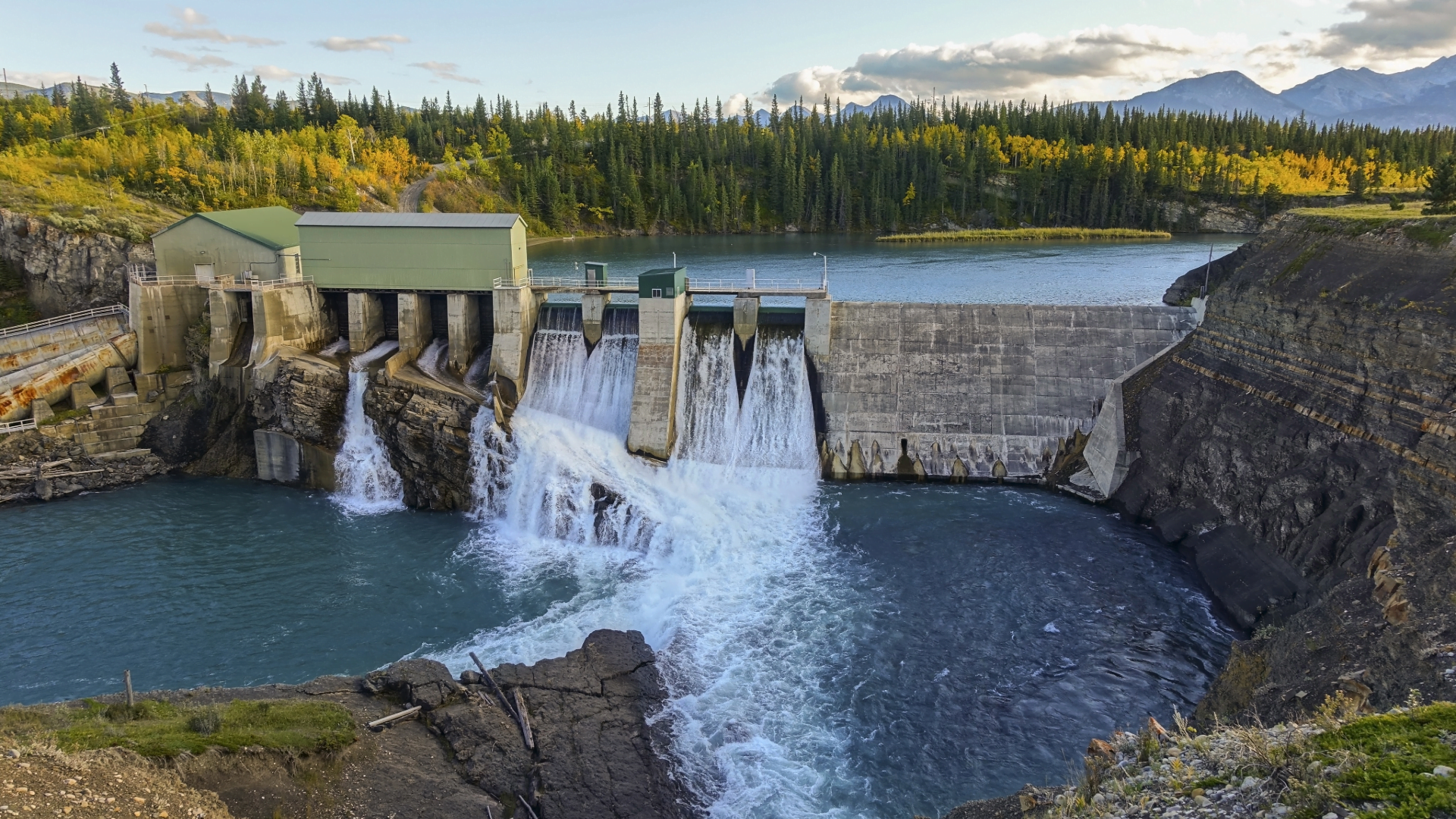As the world continues to grapple with the impacts of climate change and the urgent need for sustainable energy solutions, hydropower emerges as a beacon of hope. Not only does it promise a greener future, but it also presents a myriad of business opportunities. In this blog, we will delve into the fascinating world of hydropower, exploring its benefits, economic potential, and why businesses should consider investing in this renewable energy source.
What is Hydropower?
Hydropower, or hydroelectric power, harnesses the energy of flowing or falling water to generate electricity. This form of energy has been utilized for centuries, from ancient water wheels to modern hydroelectric dams. Today, it accounts for about 16% of global electricity production, making it the most widely used form of renewable energy.
The Benefits of Hydropower
- Renewable and Sustainable: Unlike fossil fuels, water is a renewable resource. As long as the water cycle continues, we can generate hydropower.
- Low Emissions: Hydropower plants produce minimal greenhouse gases compared to coal or natural gas plants. This makes them a cleaner alternative for electricity generation.
- Reliable and Efficient: Hydropower is highly efficient, with some plants converting up to 90% of the available energy into electricity. It’s also reliable, providing a consistent power supply compared to solar or wind energy, which are weather-dependent.
- Economic Benefits: Hydropower projects can stimulate local economies by creating jobs, improving infrastructure, and providing a stable source of low-cost electricity.
Hydropower in the Business Landscape
For businesses, investing in hydropower can be a strategic move with long-term benefits. Here’s why:
- Cost Savings: Once the initial investment in infrastructure is made, the operational and maintenance costs of hydropower plants are relatively low. This can translate into significant savings on electricity bills for businesses.
- Energy Security: With the volatility of fossil fuel markets, having a stable and predictable energy source like hydropower can protect businesses from price spikes and supply disruptions.
- Corporate Social Responsibility (CSR): Consumers and stakeholders are increasingly valuing sustainability. By investing in hydropower, businesses can enhance their CSR profiles, attract environmentally-conscious customers, and meet regulatory requirements.
- Innovation and Technological Advancement: The hydropower sector is ripe with opportunities for innovation. From small-scale hydro projects to advancements in turbine technology, businesses can capitalize on the latest trends to gain a competitive edge.
Challenges and Considerations
While hydropower offers numerous benefits, it’s not without challenges. Environmental concerns, such as the impact on aquatic ecosystems and displacement of communities, need to be addressed responsibly. Additionally, the initial capital investment for hydropower infrastructure can be substantial. However, with proper planning, regulatory support, and technological innovation, these challenges can be mitigated.
Case Studies: Successful Hydropower Projects
- Three Gorges Dam, China: The world’s largest hydropower project, generating 22,500 MW of electricity. It has significantly contributed to China’s energy mix and reduced reliance on coal.
- Itaipu Dam, Brazil/Paraguay: Producing 14,000 MW, this dam provides about 75% of Paraguay’s electricity and 17% of Brazil’s. It’s a prime example of international cooperation in hydropower development.
- Grand Coulee Dam, USA: One of the largest concrete structures in the world, it generates 6,809 MW of electricity and supports irrigation for agriculture, showcasing the multipurpose benefits of hydropower.
The Future of Hydropower
The future of hydropower looks promising with advancements in technology and increased focus on sustainability. Innovations such as pumped storage hydropower, which stores energy for use during peak demand, and small-scale hydro projects are set to revolutionize the industry. Furthermore, integrating hydropower with other renewable energy sources like solar and wind can create a more resilient and efficient energy system.
Conclusion
Hydropower stands at the forefront of the renewable energy revolution, offering a blend of economic, environmental, and social benefits. For businesses, investing in hydropower is not just about reducing carbon footprints; it’s about securing a sustainable and prosperous future. As we move towards a greener economy, hydropower will undoubtedly play a crucial role in powering businesses and communities worldwide.
By embracing hydropower, businesses can not only contribute to a sustainable future but also reap significant economic benefits. It’s time to harness the power of water and drive forward the next wave of energy innovation.
Are you ready to dive into the world of hydropower? Share your thoughts and join the conversation on how we can make hydropower a cornerstone of sustainable business practices.
For more insights and updates on renewable energy and sustainable business strategies, visit onevdo.com and stay ahead of the curve.








